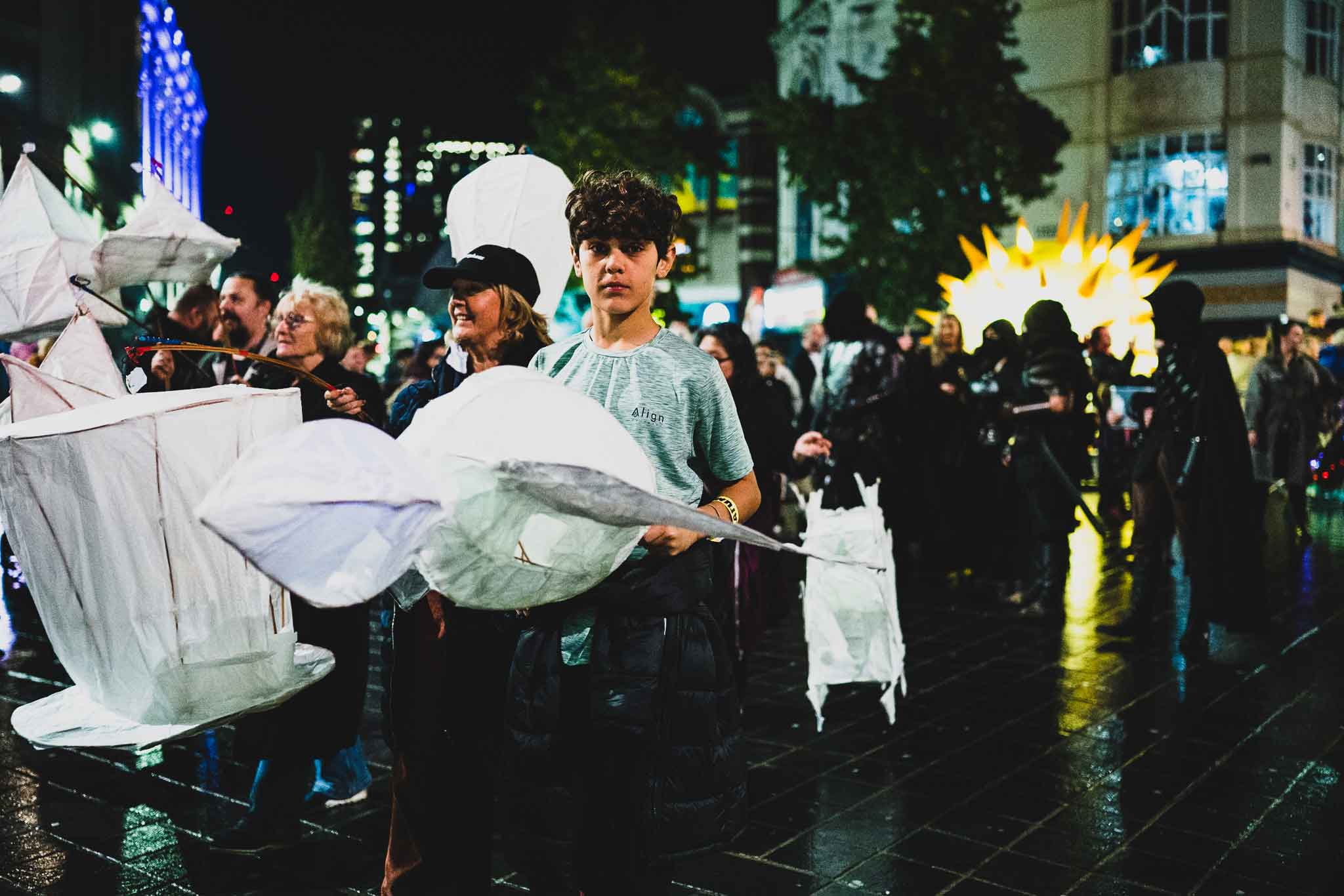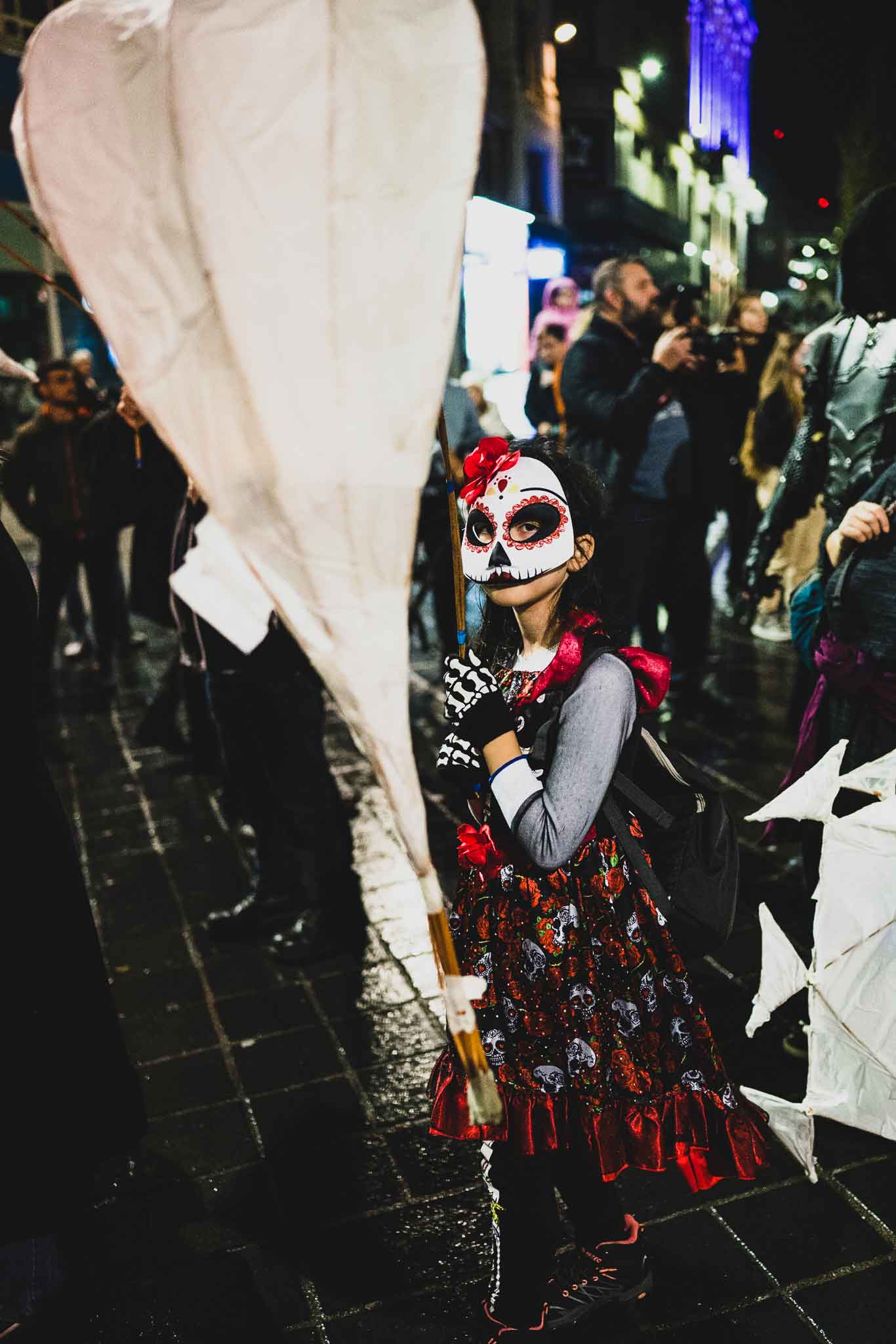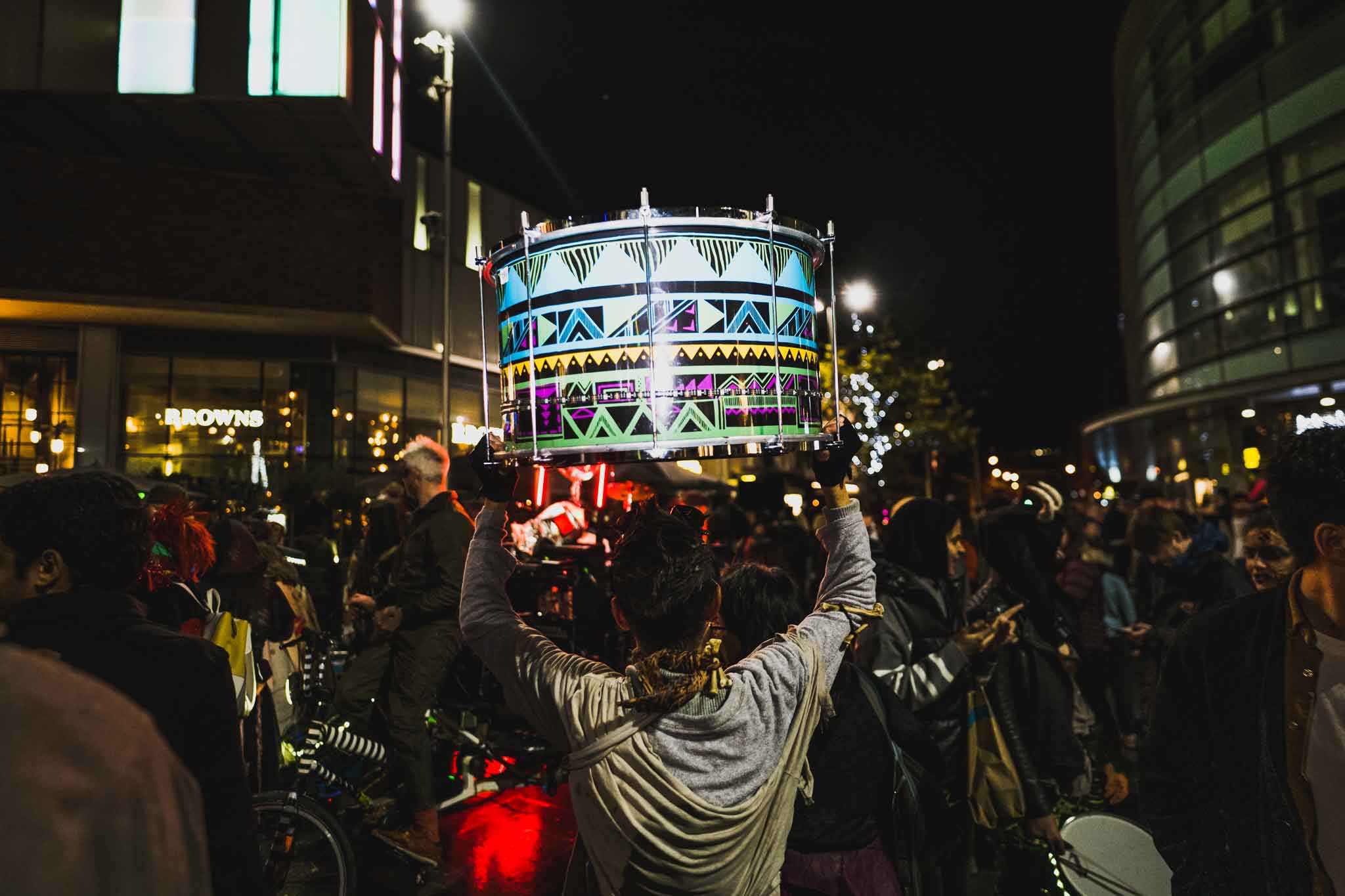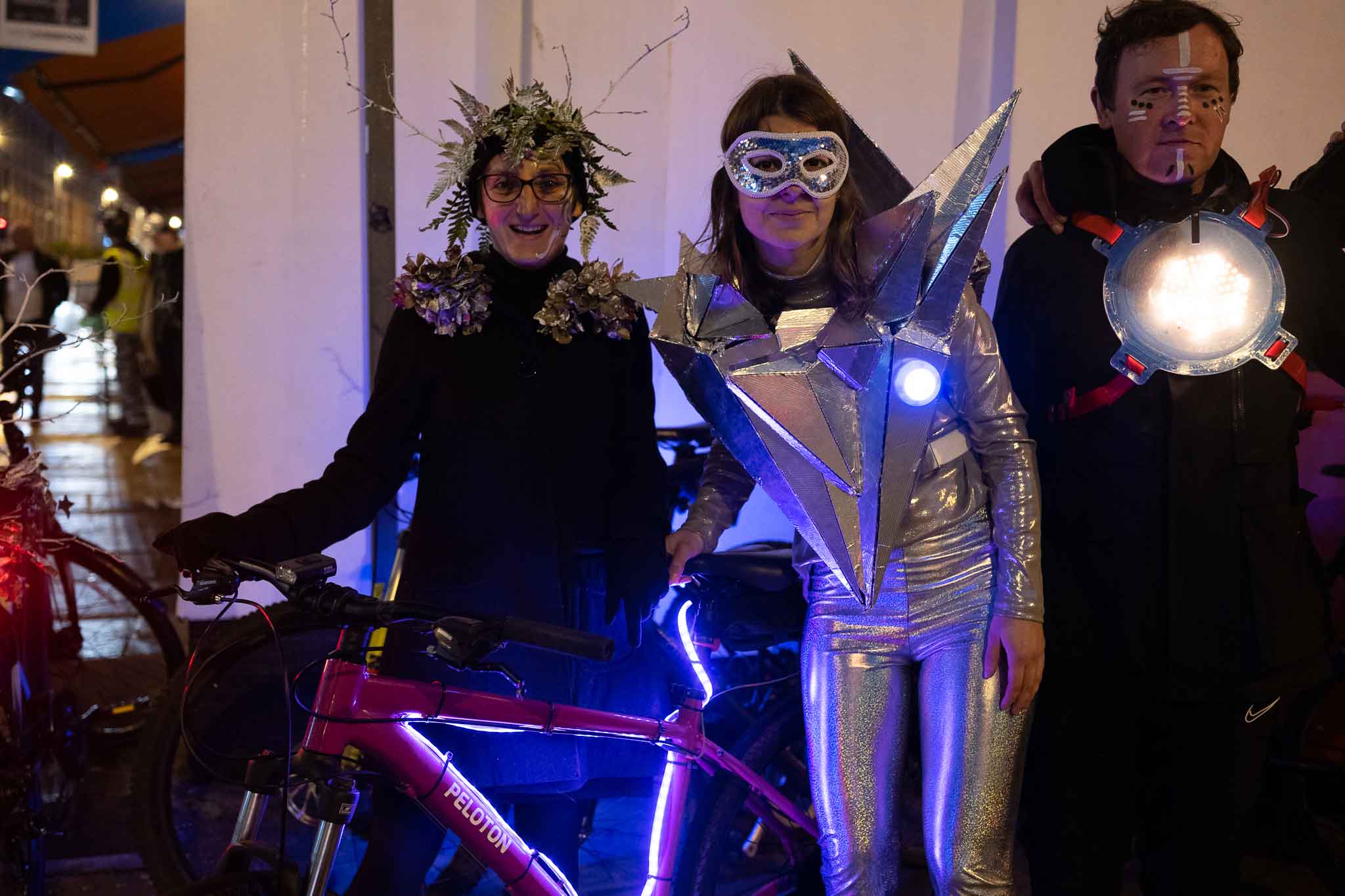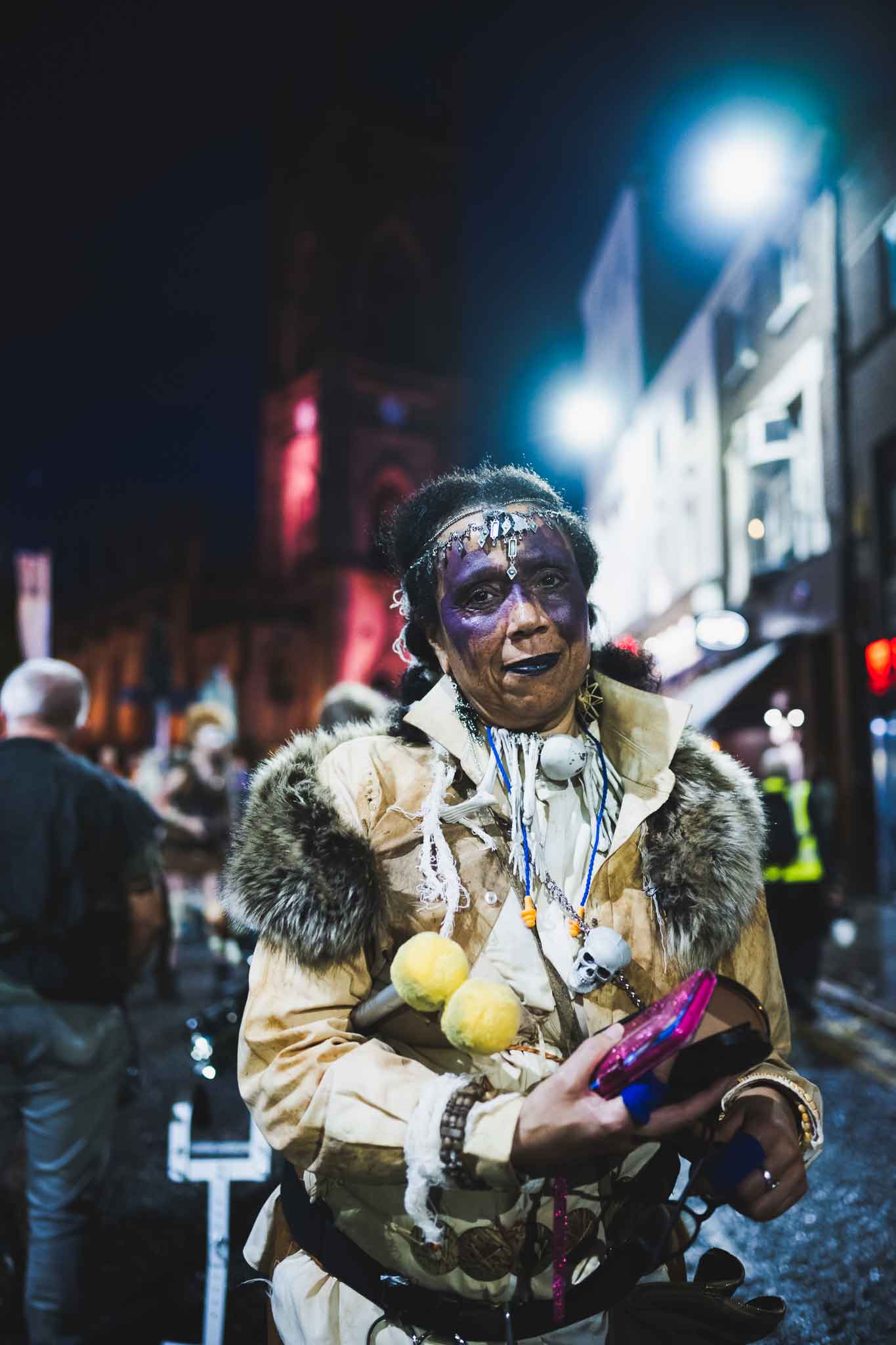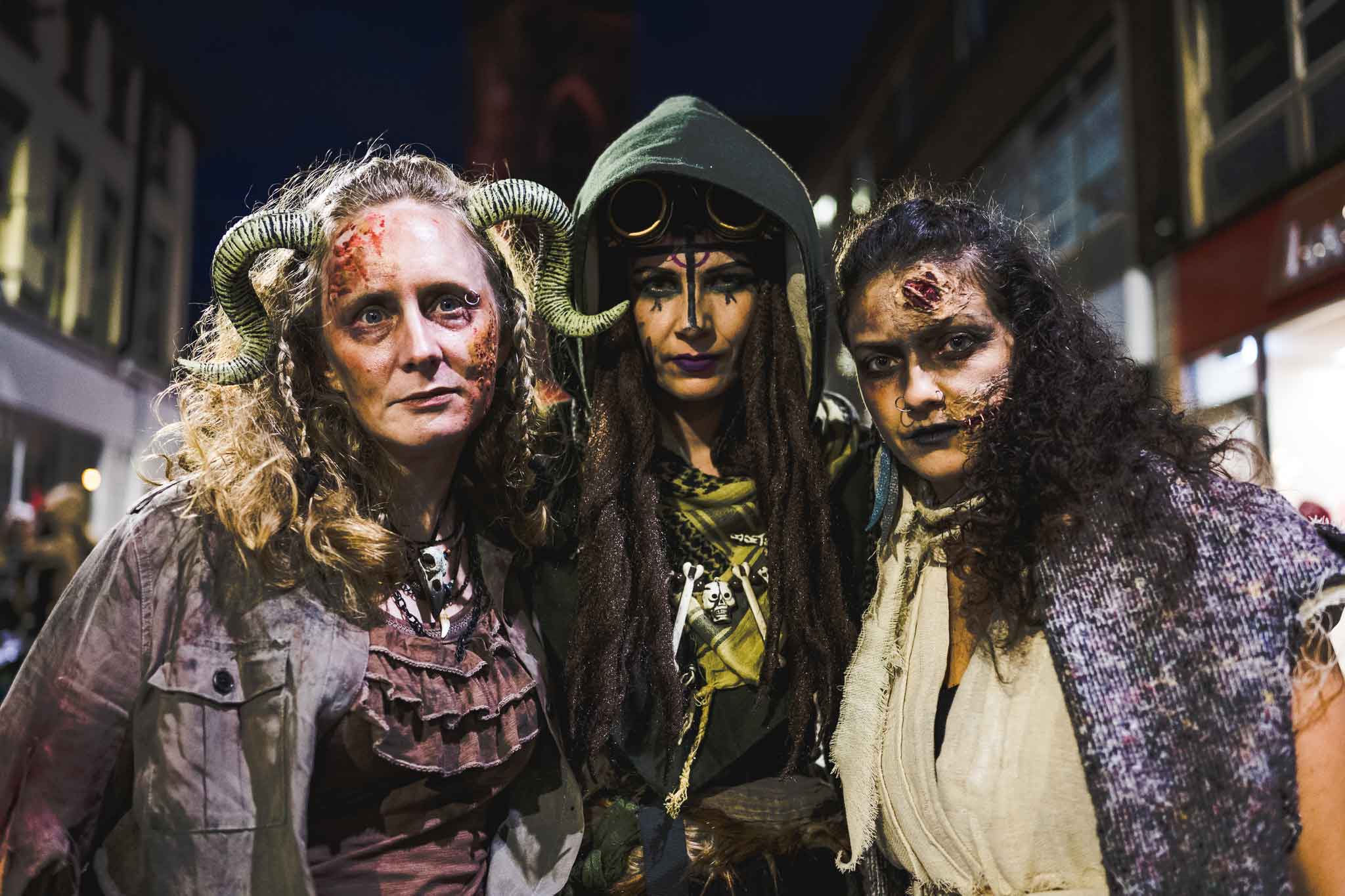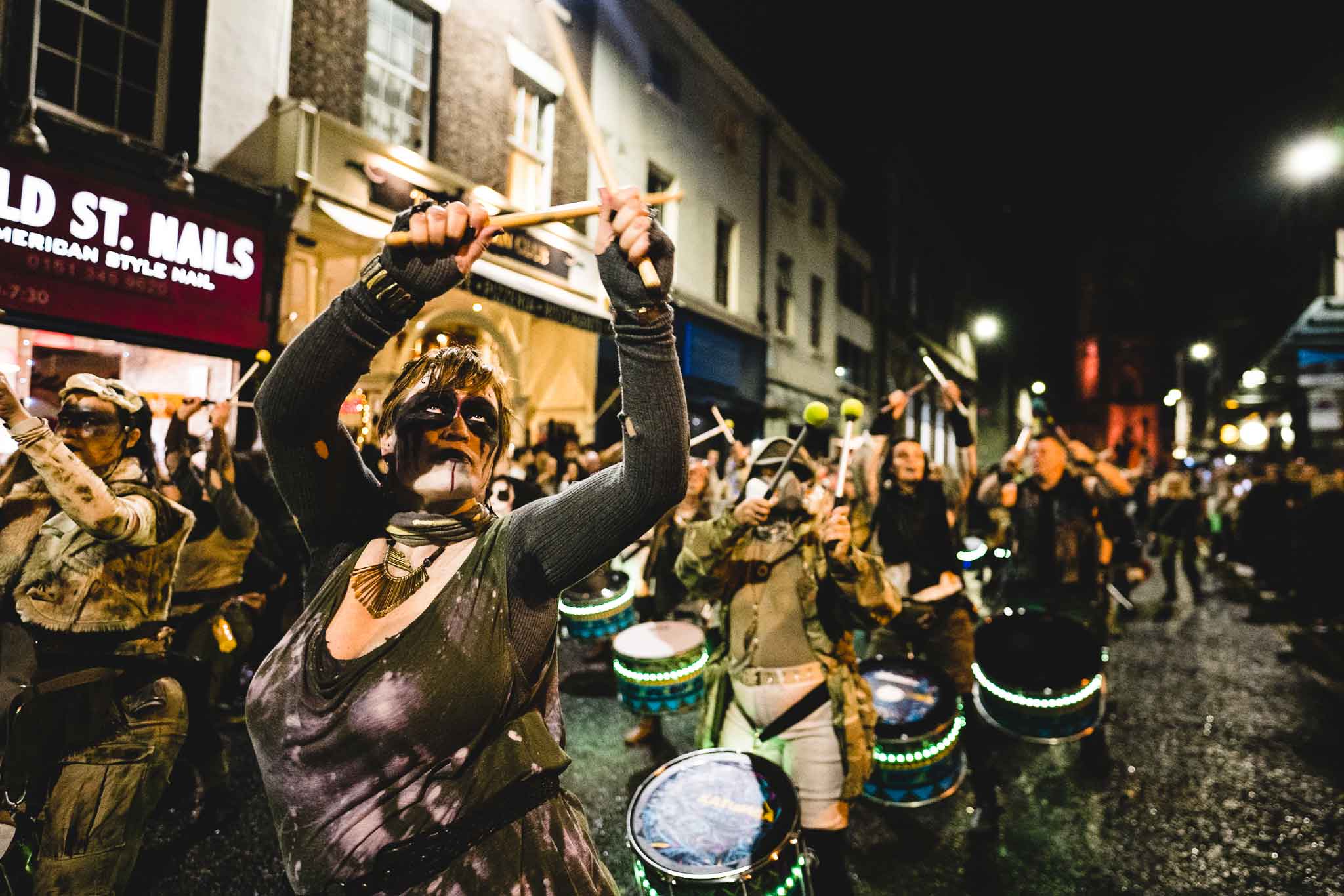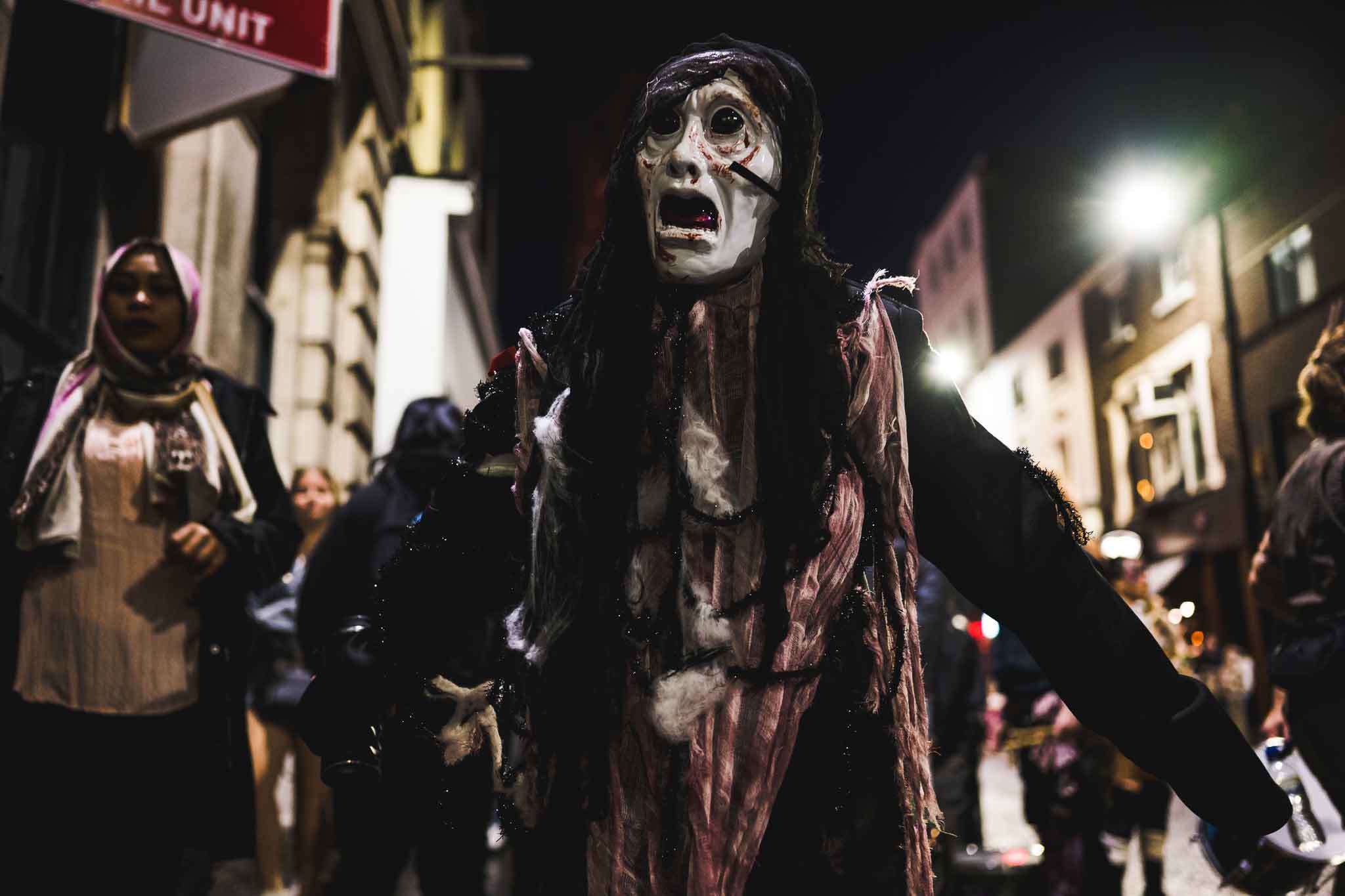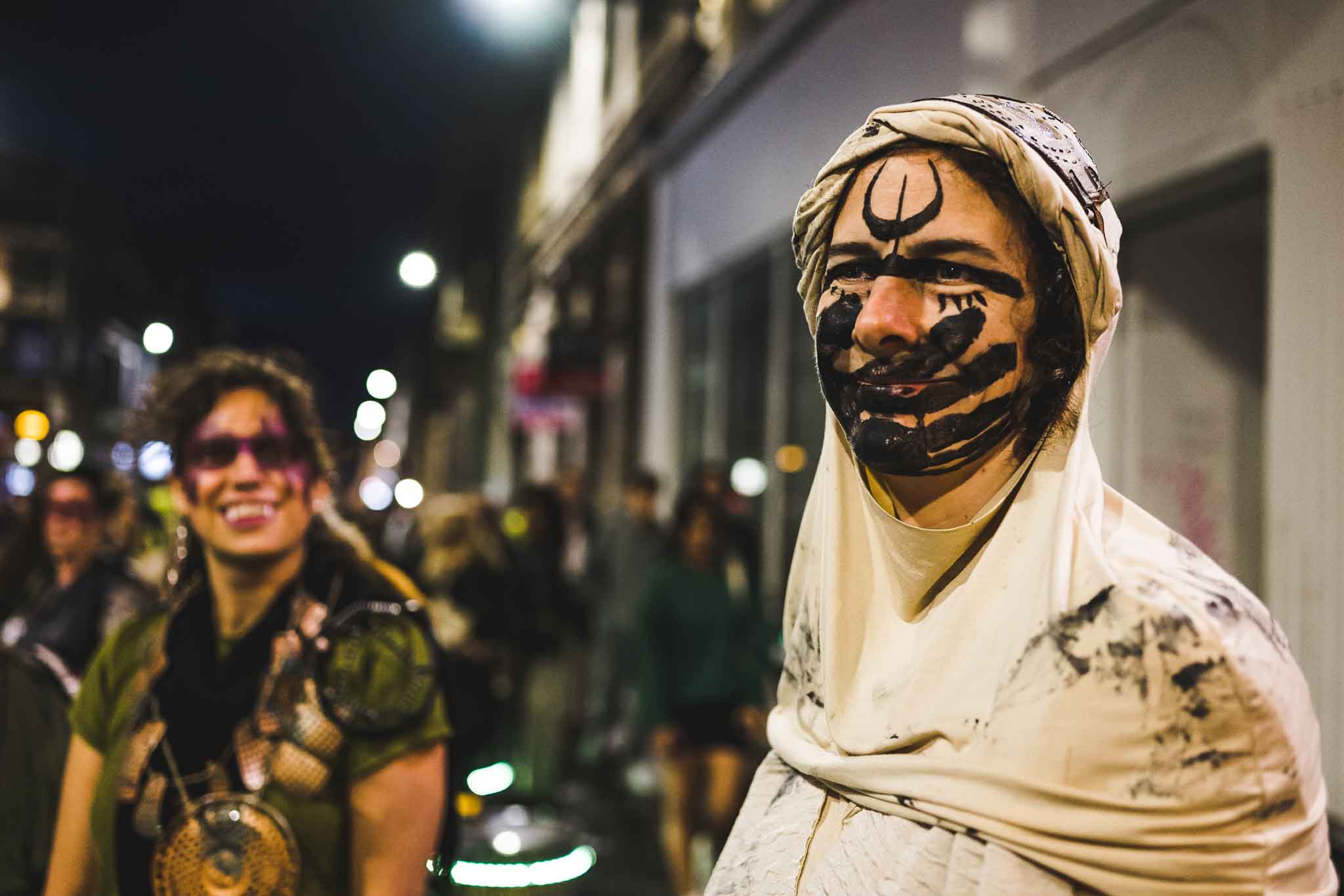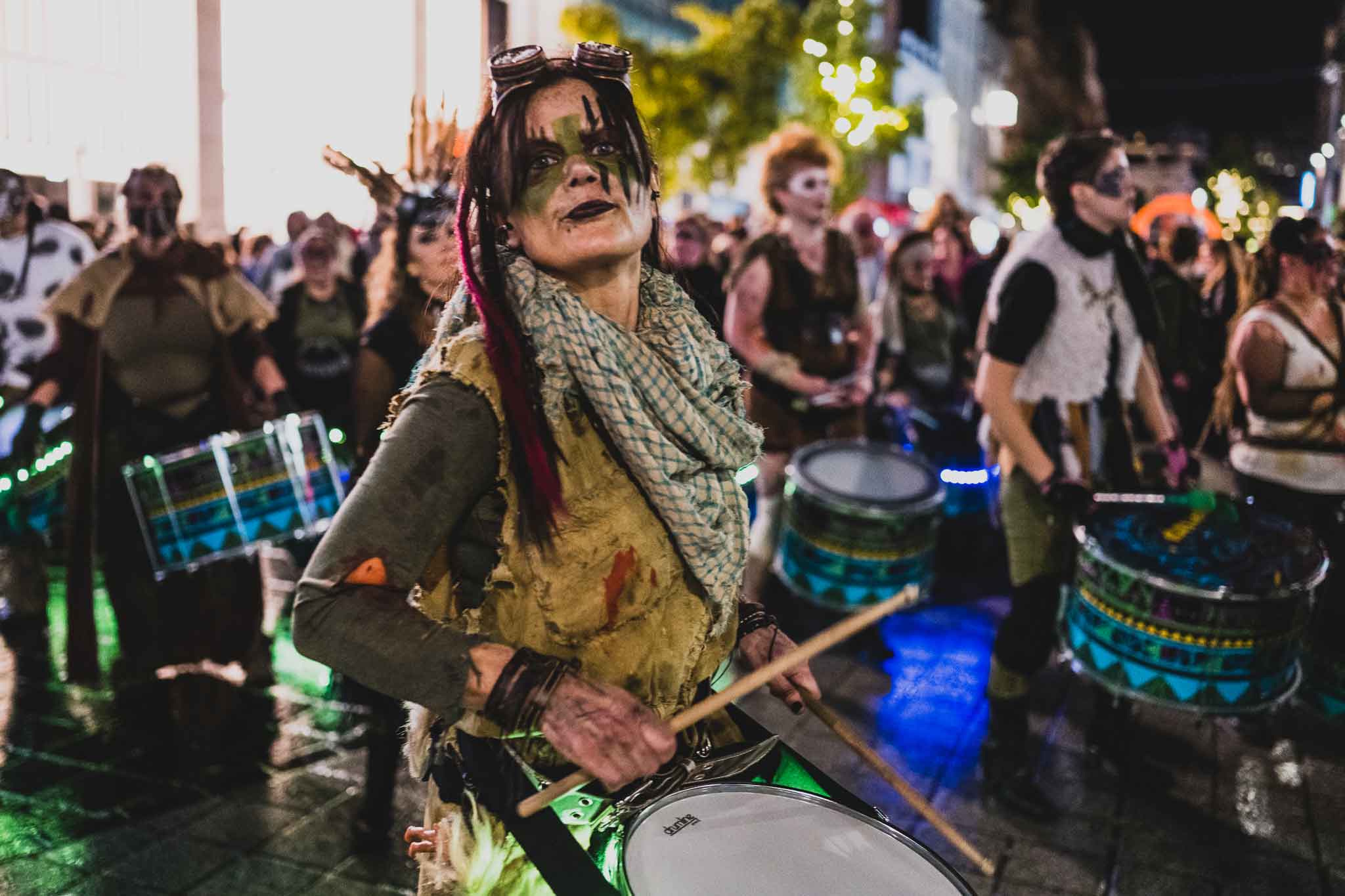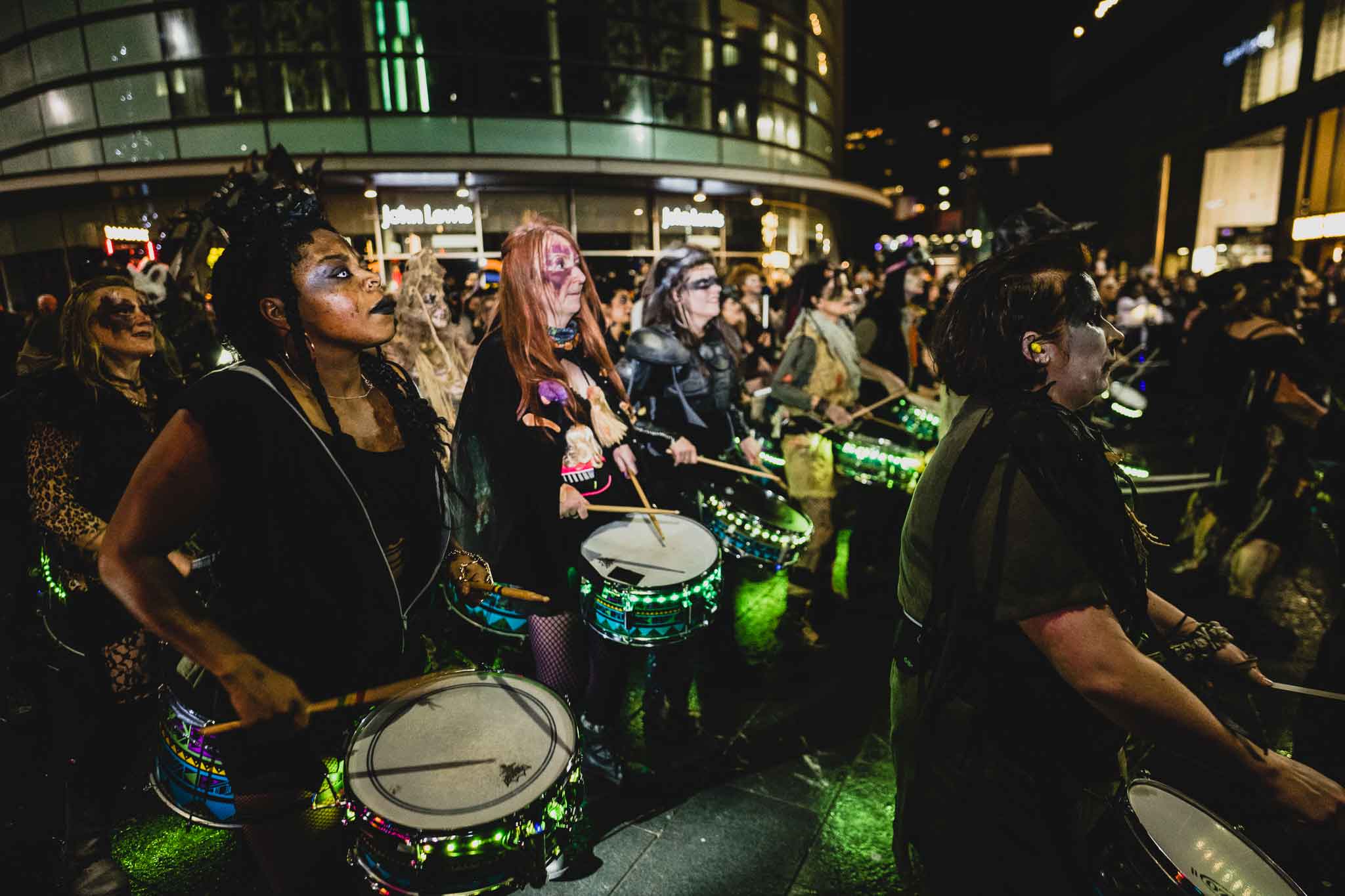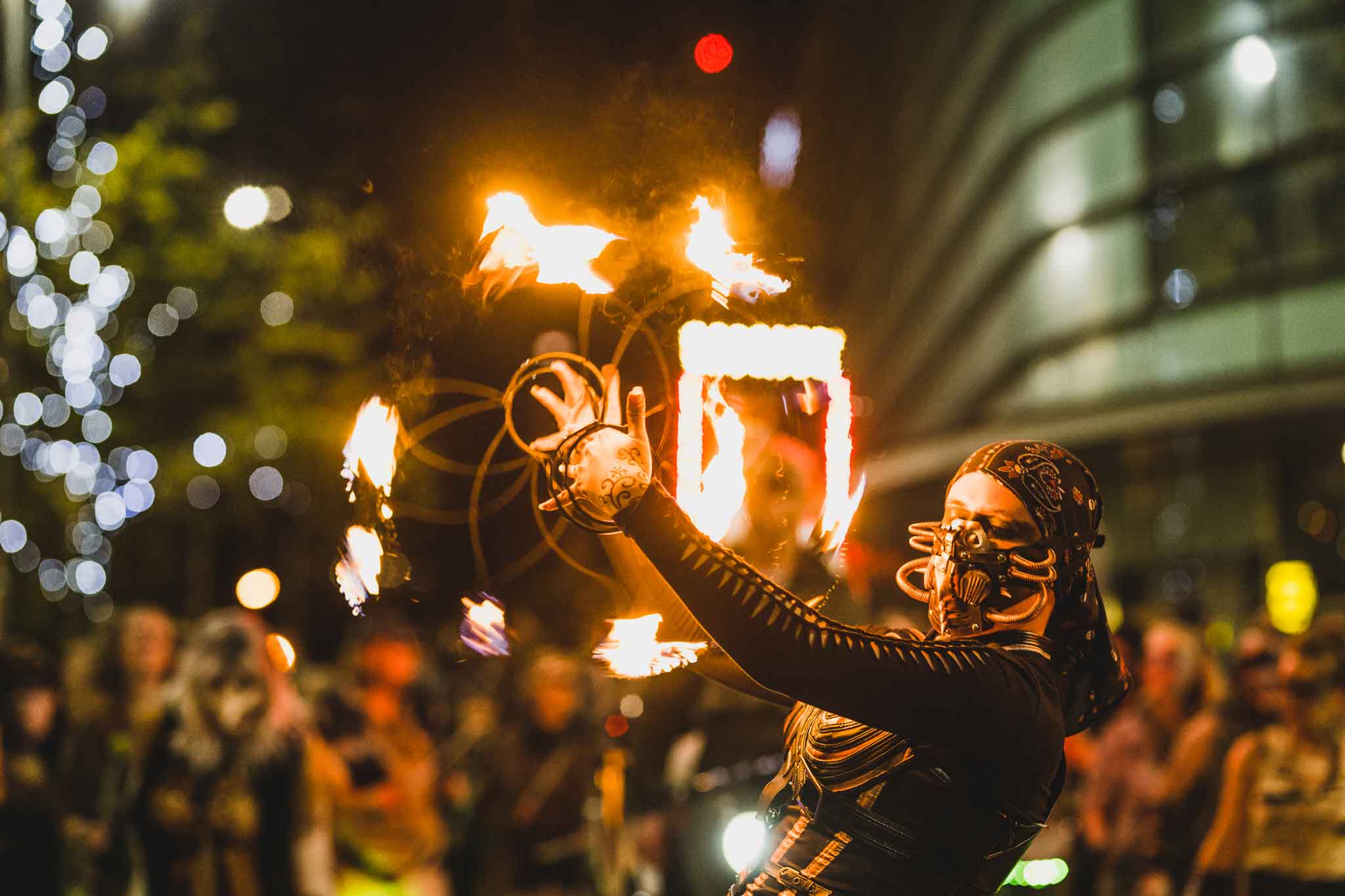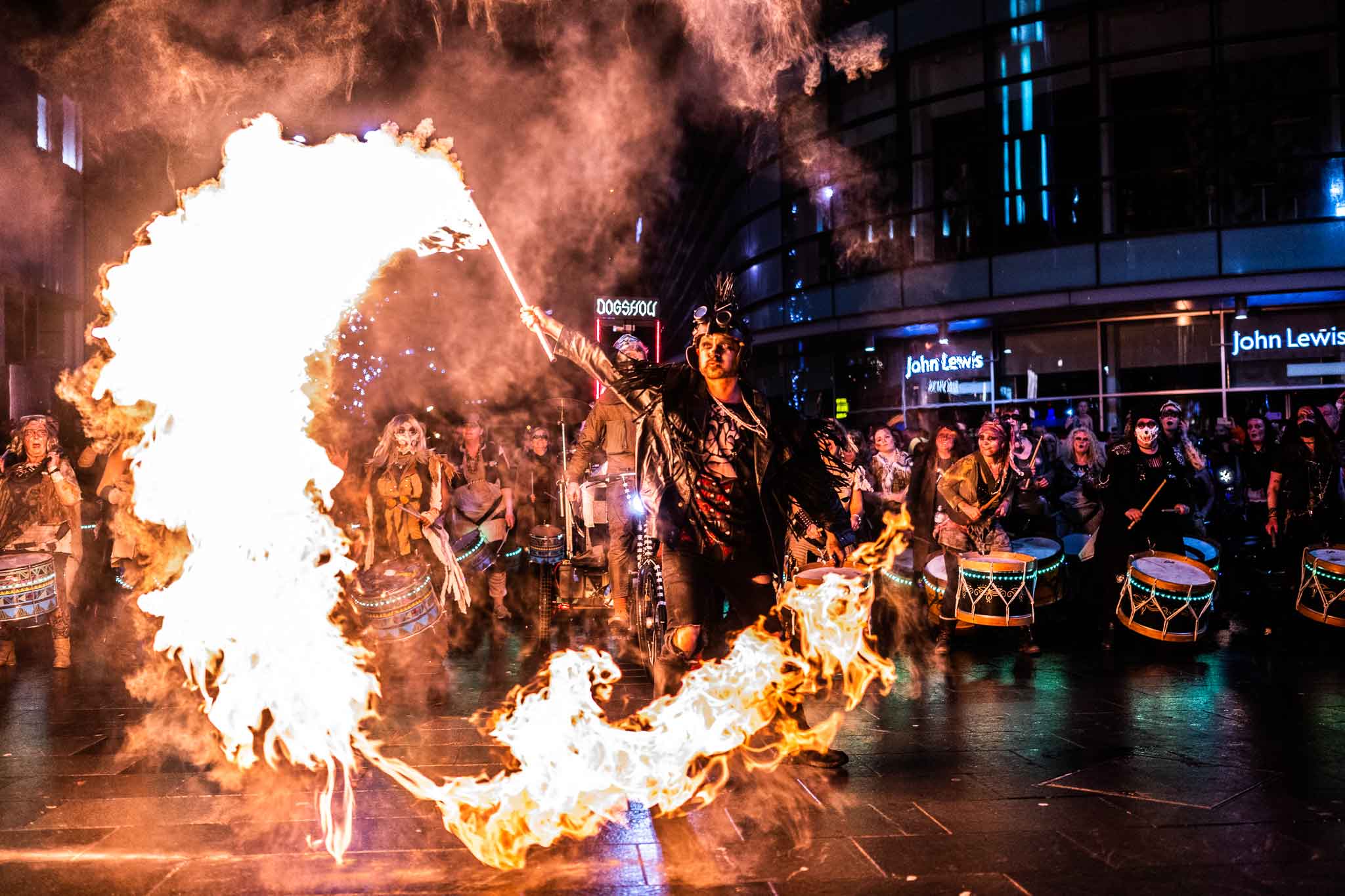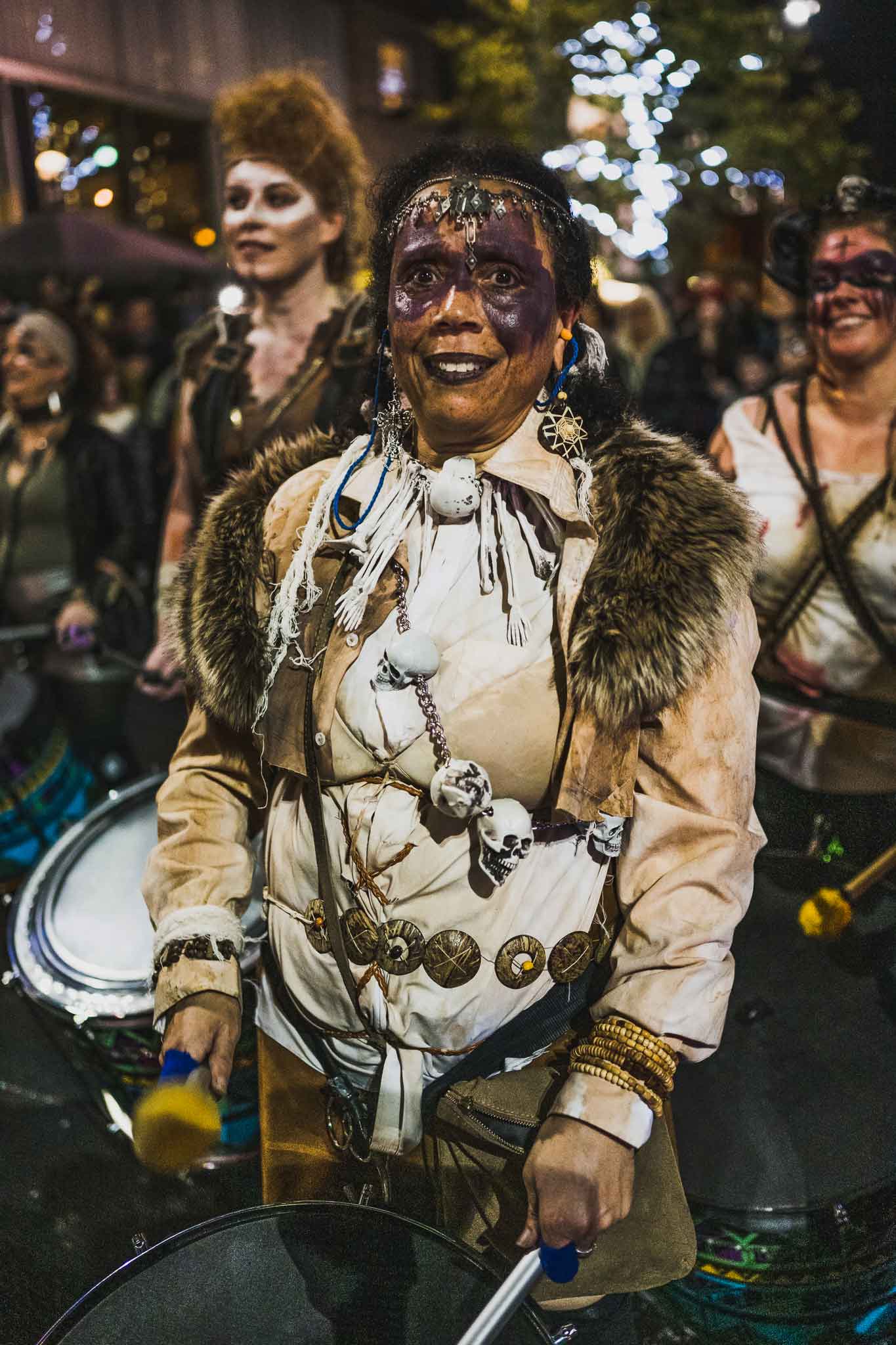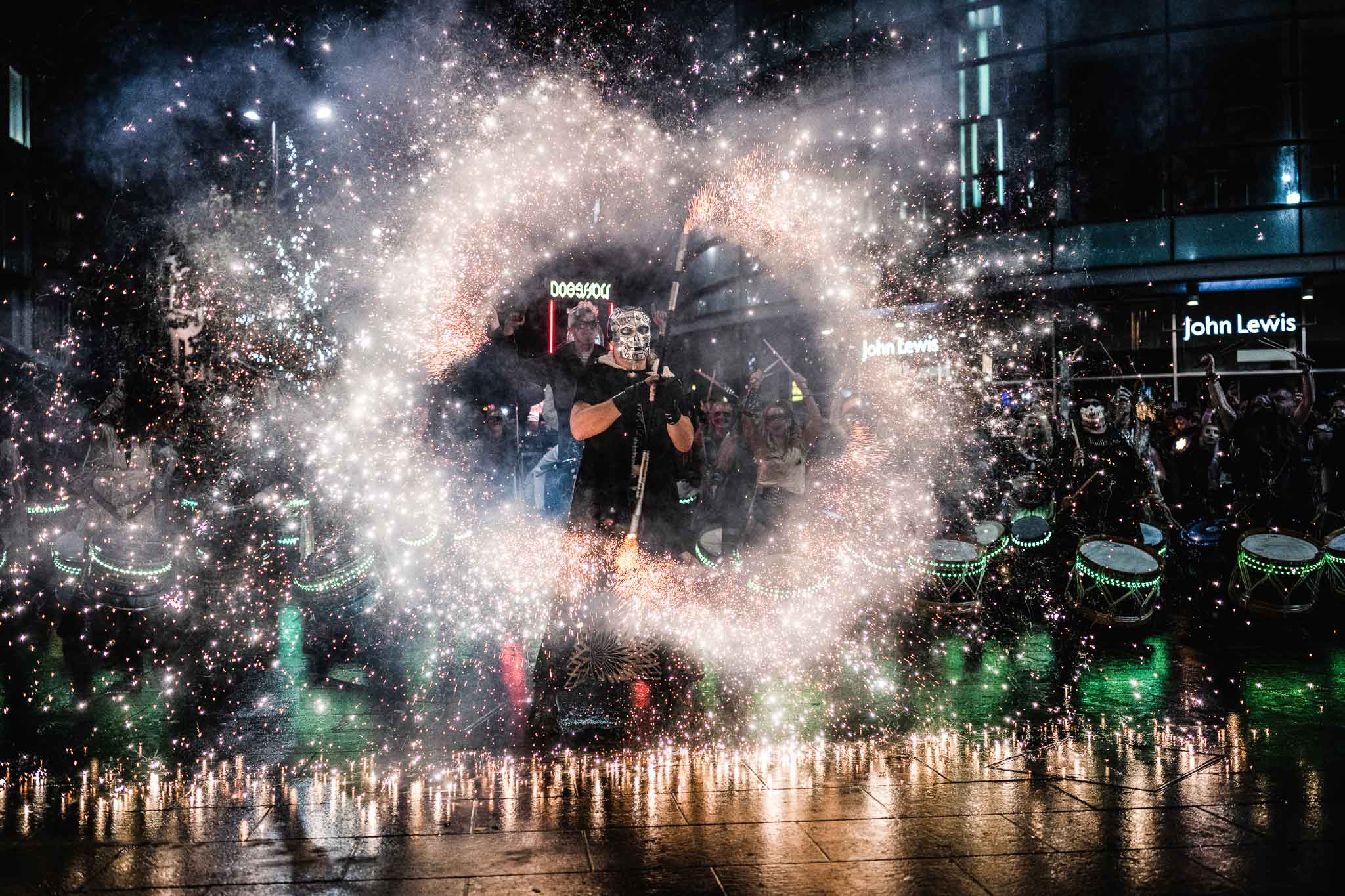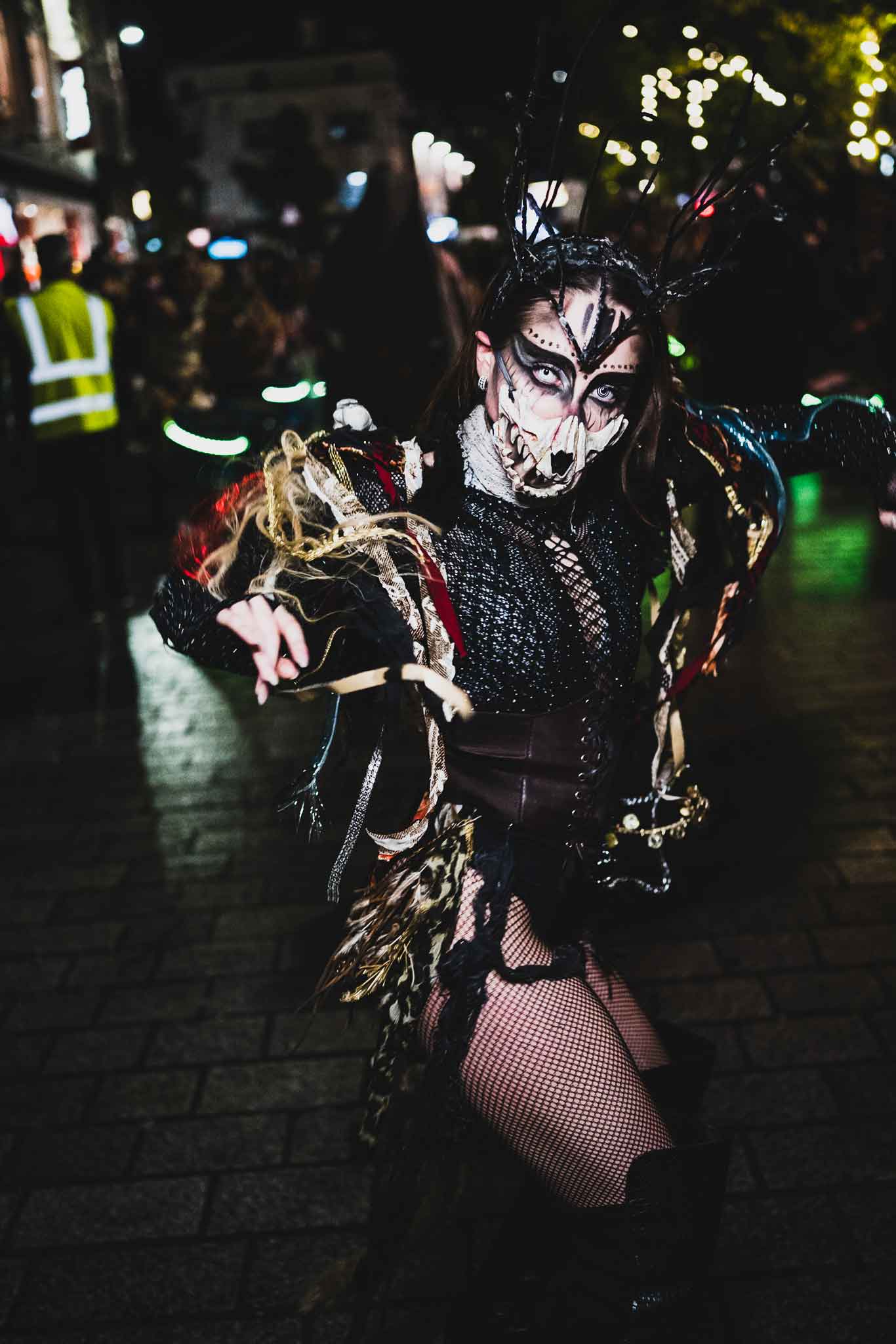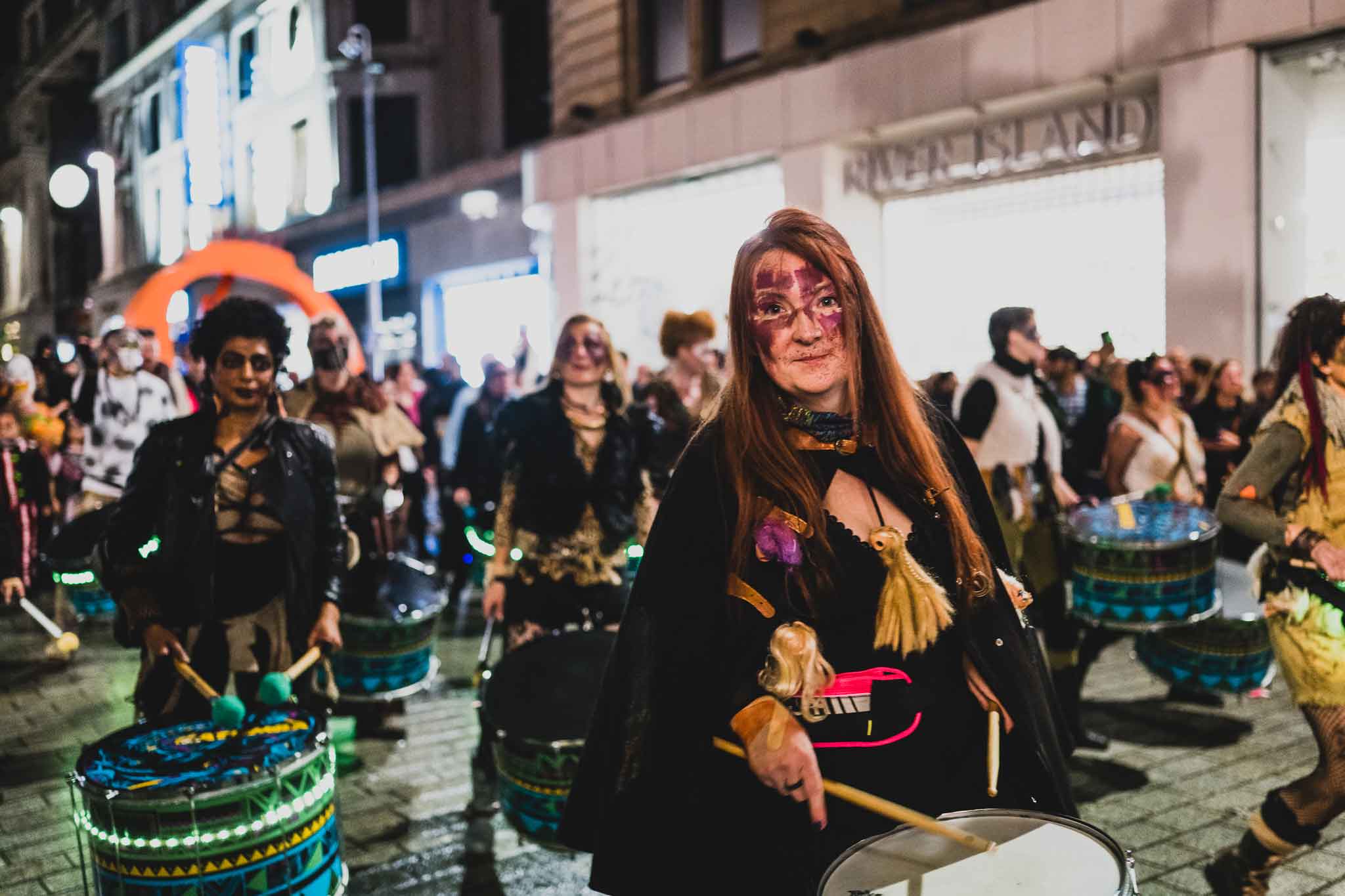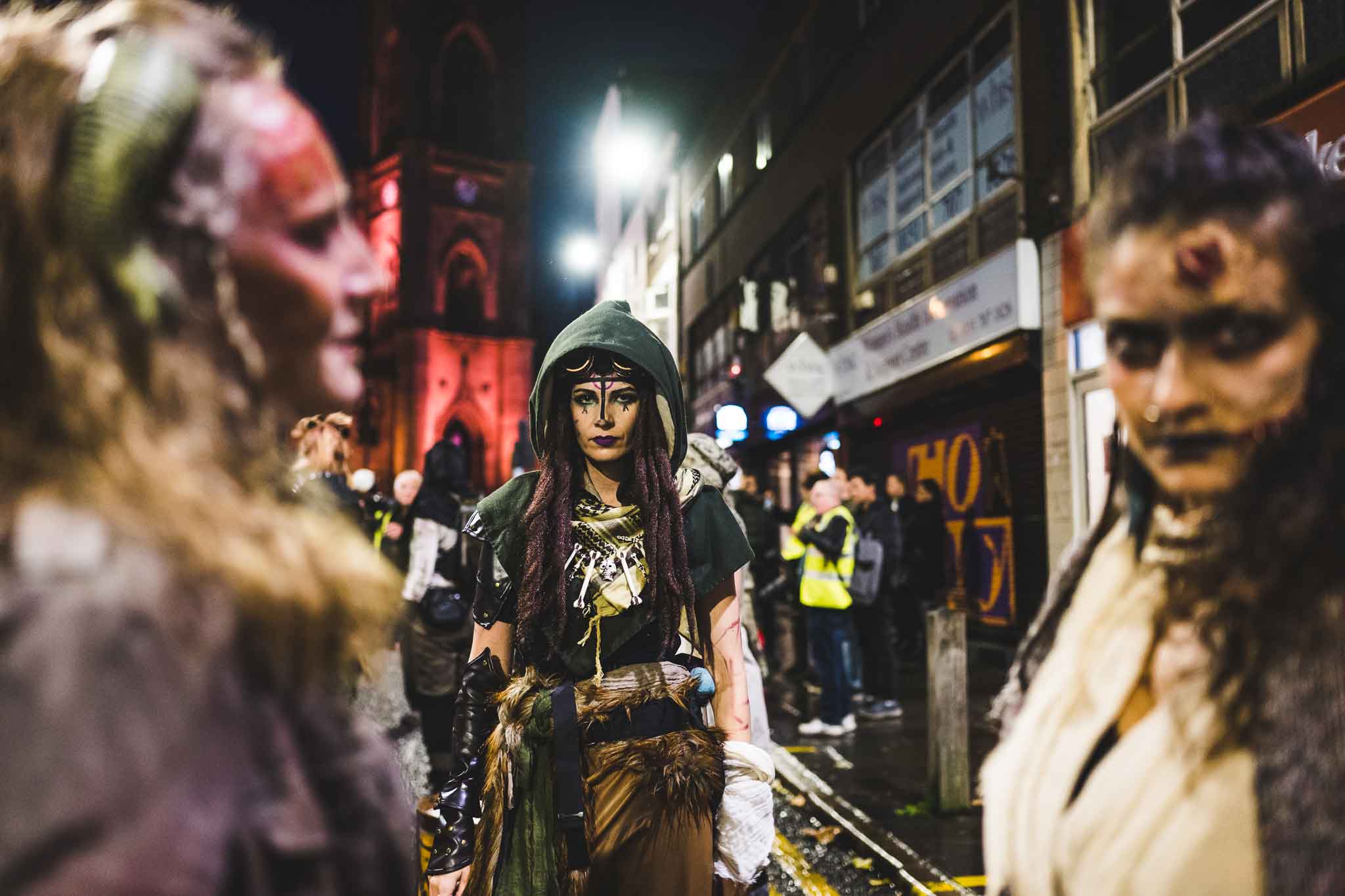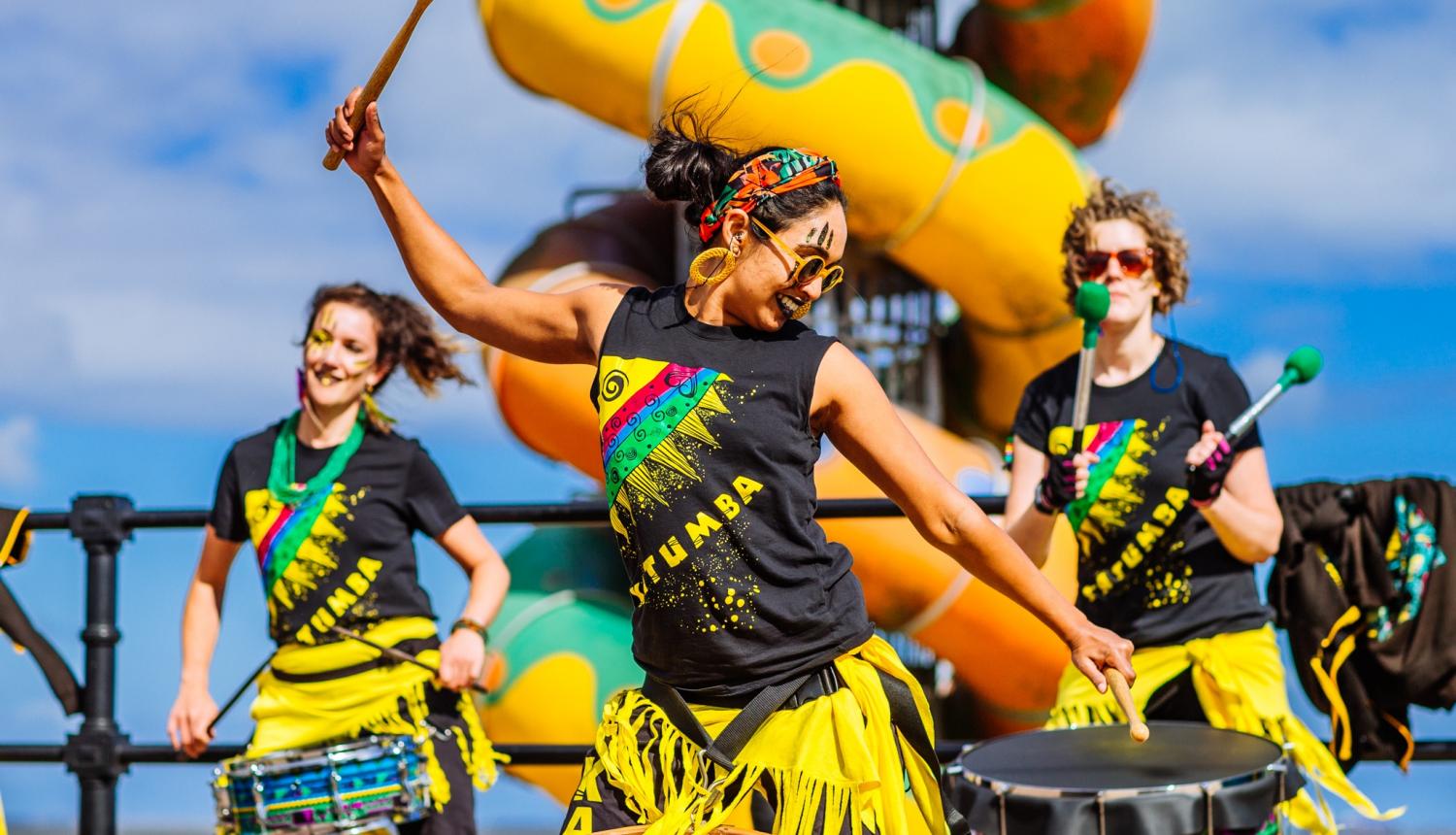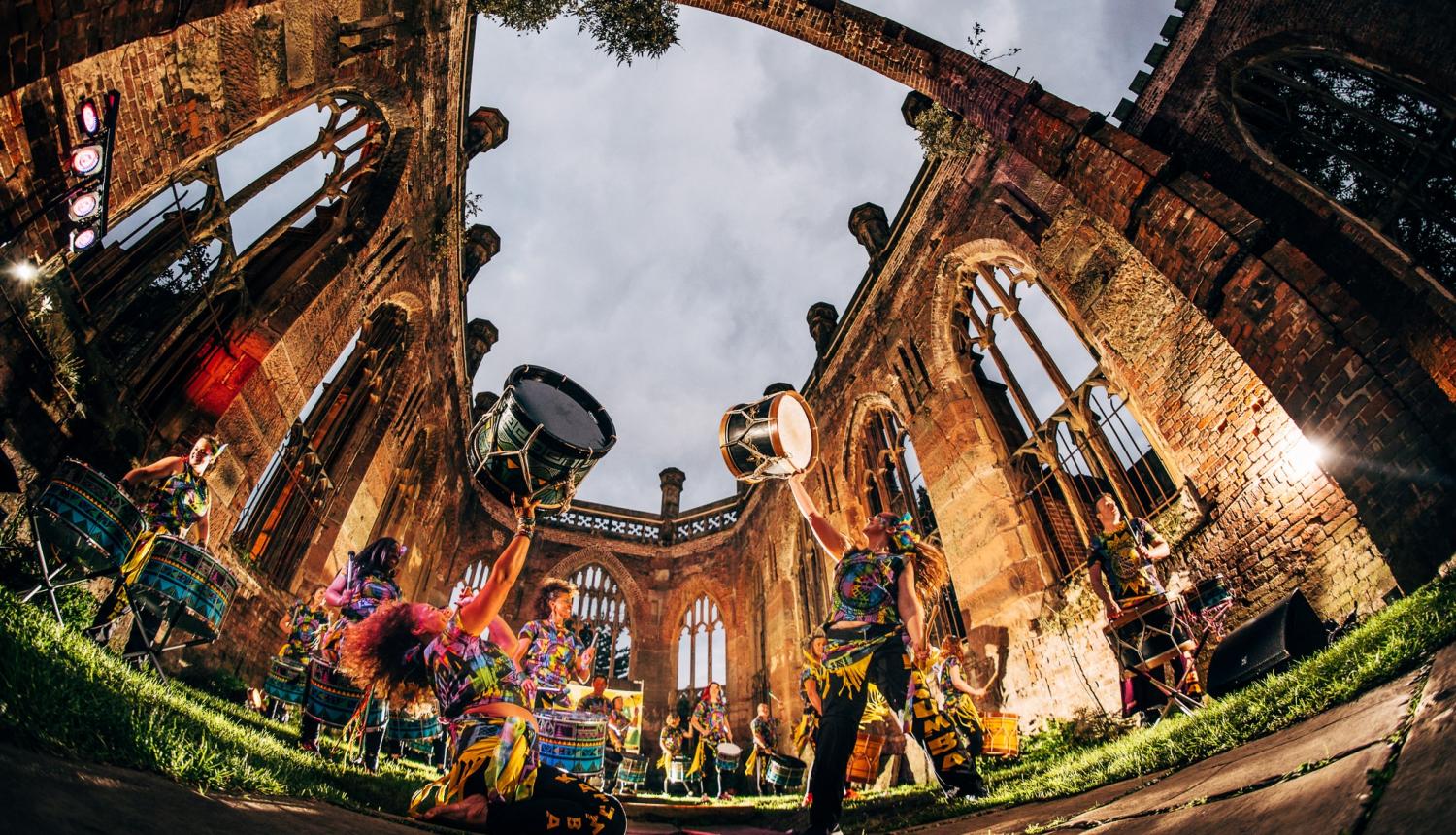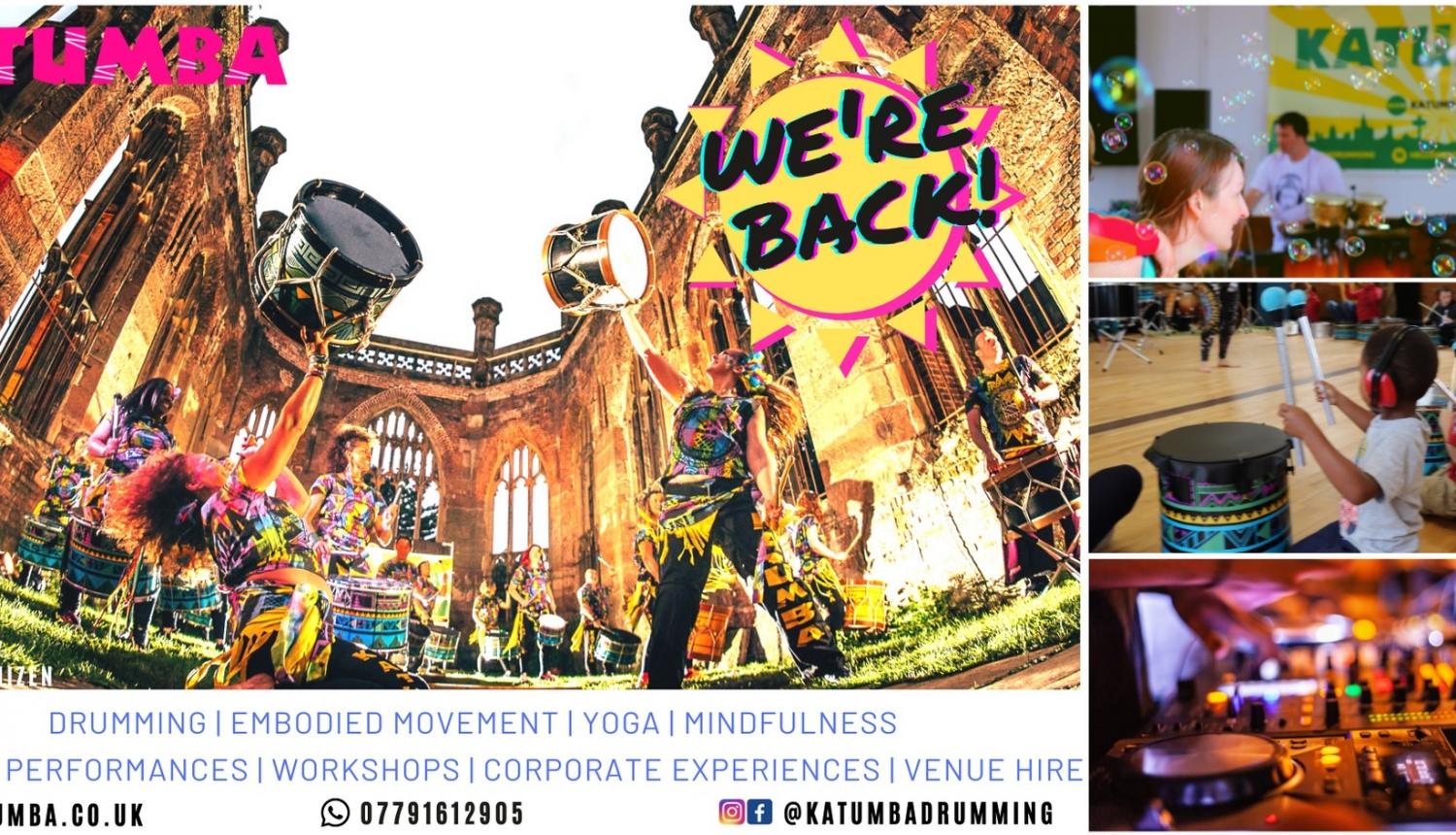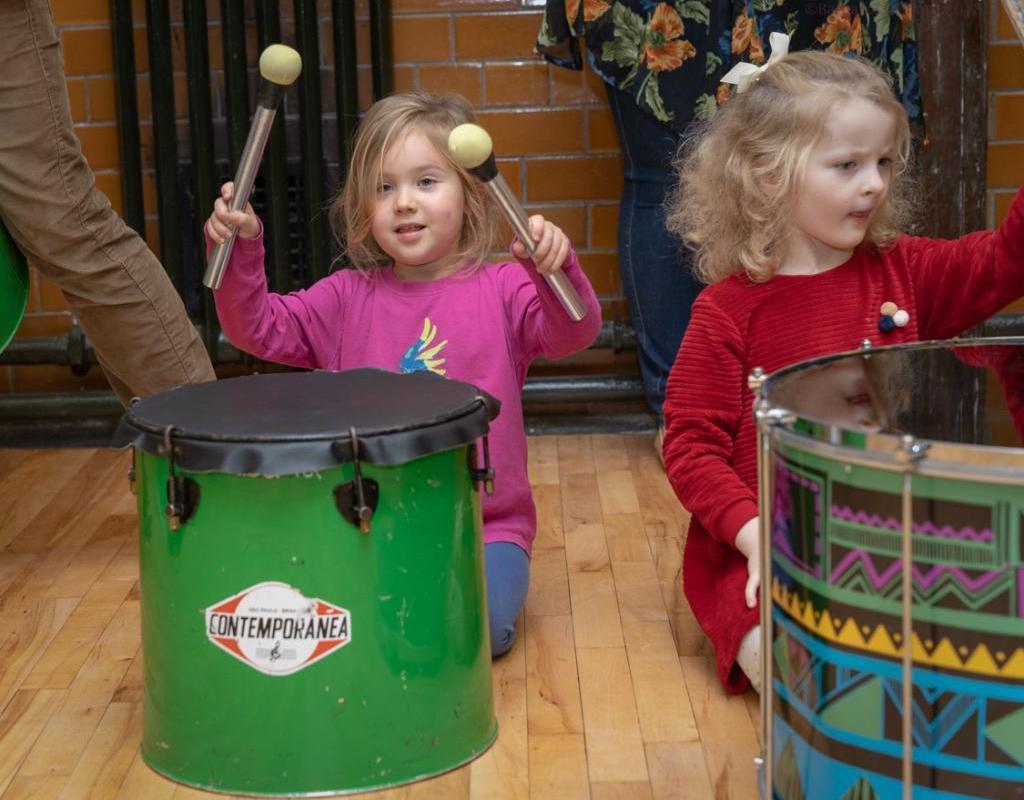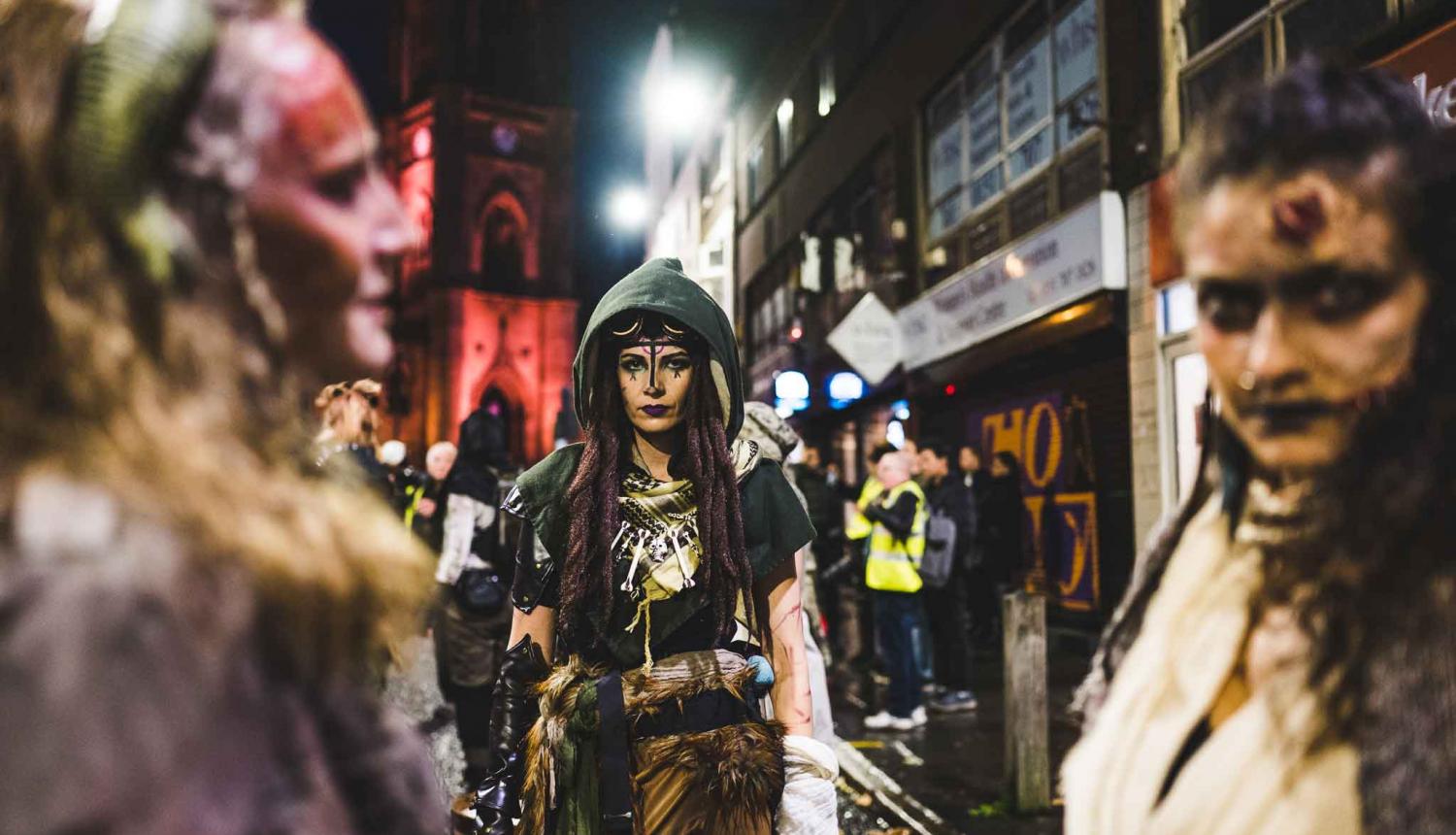

KATUMBA on Climate: Cultural Transformation Through the Arts Is Key to Action on Climate Change
We explore the role the arts has to play in creating the cultural change necessary for the world to create a sustainable future – and fast.
KATUMBA on Climate: Cultural Transformation Through the Arts Is Key to Action on Climate Change
We explore the role the arts has to play in creating the cultural change necessary for the world to create a sustainable future – and fast.
Scientists call upon alternative disciplines to provide the “cultural and spiritual transformation” necessary to combat apathy – the most serious environmental problem today.
“I used to think the top environmental problems were biodiversity loss, ecosystem collapse, and climate change. I thought that with 30 years of good science, we could address those problems. But I was wrong. The top problems are selfishness, greed, and apathy, and to deal with those we need a cultural and spiritual transformation. And we scientists don’t know how to do that.”
James Gustave (Gus) Speth*
Ok then science. It’s over to us.
Us, and YOU!
Katumba are experts in cultural and spiritual transformation. We know the power of the arts to empower change, spreading forth from the hearts, souls and bodies of individuals, to radically transform culture.
We know, because this is part of the legacy of the origins of Carnival itself, origins which are with Afro Brazilian slaves from the diaspora. Even after the abolition of slavery in Brazil in 1888, as freed people they were still outcast.
To reclaim their identity and take up the space they deserved, they would go out in the streets, make themselves known and make noise, fashioning instruments from trash cans, old paint tins with bamboo sticks – becoming what we know today as the ‘repinique’ drum, or ‘repique’.
At Katumba, we fiercely hold on to the protest element of Carnival.
We make ourselves known, we take up space: our aim is to empower by creating the spaces and opportunities for the people to take back the streets; which in Liverpool, were built by the transatlantic slave trade.
We are aware that this is a cultural art form that we use, and our mission is always to hold true to its protest origins, speaking for the people who experience erasure or oppression, through drumming, coming together, and epic carnivalesque street events.
And here we are now, individuals fighting to stay afloat in an increasingly pressurized local and global environment, watching helplessly as our leaders repeatedly, catastrophically, fail to act in the interests of our planet and our collective future.
EVEN TODAY when climate change due to human activity is being discussed continuously on every news platform, it seems like our leaders must be on another planet – because they certainly don’t act like they care about ours.
But what can we do?
Historically, the arts have been a critical foundation of protest and struggle. Whether it is theatre, music, painting, pottery, poetry or dance – any type of creative expression facilitates hope, resilience, strength, togetherness and possibilities.
Under pressure with the cost of living, trying to filter through the many narratives around covid, wars, fake news, and self-serving politicking, so many of us are becoming worn down, displaced and de-humanised – not forgetting the erosion of equal rights throughout the world.
The arts are being pushed out of education, in favour of STEM subjects. Art is everything we cherish in life – TV, film, music, fashion, dance, culture: aspects that define our worlds within the world.
The minority wealthy nations of the northern hemisphere who have had the most damaging impact on the climate are still pushing the fossil fuel agenda, despite overwhelming scientific and real evidence of the detrimental effect to nature.
Even marching through the streets for our Halloween parade – it was 18 degrees on an October evening! We’ve all noticed the changes – floods, forest fires, drought.**
And of course, those nations who are most affected right now and in the immediate future by climate change, are the global majority: people who are not white.
The white global minority –mostly men whose opportunity has been cultivated through the system of patriarchy which still stalks the corridors of power – have held the wealth since colonialization, and the transatlantic slave trade.
Its time to think as one planet. Its time to even out the wealth.
Science and data show us that a sustainable future is going to be supported by eradication of mass poverty, environmentally benign technologies, environmentally honest prices, sustainable consumption, knowledge and learning, good governance, and – crucially, in order to steer all of those through the stultifying quagmire of apathy – the transition of culture and consciousness.
It is only the people who can demand change and use their choices as consumers and their voices as protestors, to make change happen.
As the planet literally ‘hots up’, all of the negative social issues we are facing around the world will logically get intensively worse if the current direction is maintained.
We are all of us inside the same pressure cooker, with different levels of heat-proof suiting on our backs, depending on what territory we were born in and what colour our skin is.
Inaction is permission for the vision of a planet destroyed – a vision we brought to life at the Halloween Carnival.
A key difference these days with the narrative on climate change is that the voices of our institutions and government agencies all seem to agree: climate change is threatening global health.
Our reliance on fossil fuels is increasing the risk of food insecurity, infectious disease and heat-related illness. The leader of the United Nations, António Guterres, has said that new fossil fuel funding is ‘delusional’.
And yet our government is still too-ing and fro-ing about fracking, which is just a newer way to drill for fossil fuels.
Is there hope?
It is hard for us to know. We cannot know. Because hope depends on CHANGE. And creating change – change making – is hard.
And we need change FAST.
“Despite the challenges, there is clear evidence that immediate action could still save the lives of millions, with a rapid shift to clean energy and energy efficiency.”
And how to achieve that when our leaders around the world fail to act? It’s down to that mass cultural and spiritual change. It’s down to joy. Its down to the shake down, reset and demonstration of what is possible, of carnival and PROTEST.
And we the people?
We MUST INSIST ON IT.
So what are the tools we have as a population, as individuals, who are not in government, or in leadership roles which can influence top level decision making directly?
The first and most powerful step, is CARNIVAL.
Carnival is taking up space, making noise, letting stuff out, playing out our nightmares in dance, theatre and music. It is releasing our fears and doing it together. Carnival IS protest.
Carnival and its theatre opens minds to new possibilities. Both for the people taking part and watching, seeing other people letting go, being Other, expressing themselves and taking up space, without convention.
These possibilities are a reset, and create pathways along which we can travel towards ways out of these problems.
At the Halloween Carnival 2022 there were 3000 people on the street that night. We opened people’s minds to the reality of climate change impact and threat, showed them what lies ahead, and shook them down.
We demonstrated the power of people! Showcasing a mass of energy, creativity and visibility.
ACTION can change worlds.
JOY can change worlds.
The world, our world, the children’s world, is watching.
*James Gustave (Gus) Speth*: Blue Planet Prize Winner, the founder and former president of the World Resources Institute, co-founder of the Natural Resources Defense Council, senior advisor to Presidents Jimmy Carter and Bill Clinton, Professor of Law at Georgetown University Law Center teaching environmental and constitutional law, Administrator of the United Nations Development Programme (UNDP), dean of the Yale School of Forestry and Environmental Studies, author of Red Sky at Morning: America and the Global Crises of Environment (2004), The Bridge at the Edge of the World: Capitalism, the Environment, and Crossing from Crisis to Sustainability (2008) and Angels by the River, a Memoir (2014)
**A report published by The Lancet Countdown, which includes the work of 99 experts from organisations including the World Health Organisation and was led by University College London, says that “…extreme weather has increased pressure on health services globally already grappling with the Covid-19 pandemic. Heat-related deaths globally have increased by two thirds over the last two decades.”
“Temperature records have been broken around the world in 2022, including in the UK where 40C was recorded in July, as well as parts of Europe, Pakistan and China. The health impacts of extreme heat include exacerbating conditions such as cardiovascular and respiratory disease and causing heat stroke and poor mental health.”

